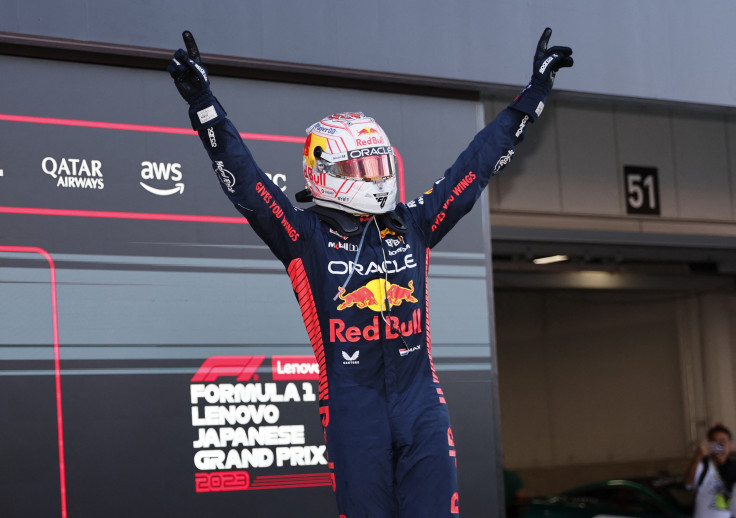
The Japanese Grand Prix will remain on the Formula 1 calendar till 2029 after a new five-year agreement was reached.
The race will continue to be held at the iconic Suzuka International Racing Circuit. The venue has predominantly hosted the Japanese Grand Prix since the race became part of the calendar in 1987.
The 2007 and 2008 races were held at the Fuji Speedway in Oyama before returning to Suzuka. The past two seasons have seen the Japanese Grand Prix return to the schedule after the country was unable to host a race in 2020 or 2021 due to the COVID-19 pandemic.
The Suzuka circuit remains massively popular to F1 drivers and fans as the fast-paced track and 18 corners result in exciting racing, with there being good opportunities for overtaking. This makes the Japanese Grand Prix the most technically and physically challenging race for drivers in the season.
Five-time winner of the Japanese Grand Prix, Lewis Hamilton, is among the current drivers to be a big admirer of the track as is his Mercedes teammate, George Russell.
Four-time winner at Suzuka, Sebastien Vettel, even suggested that he would consider coming out of retirement just to race at the Japanese Grand Prix in the future as he always enjoyed racing on the track.
Over 400,000 fans attended the two races since the pandemic, highlighting the strong presence and popularity of F1 in Japan. Also, the inaugural F1 Fan Festival in Tokyo was able to attract over 20,000 people, with fans able to witness appearances by Max Verstappen, Sergio Perez and Japan's only current F1 driver, Yuki Tsunoda.
Stefano Domenicali, CEO and President of F1 spoke on Japan's remaining part of the F1 schedule. He commented: "Suzuka is a special circuit and part of the fabric of the sport, so I am delighted that F1 will continue to race there until at least 2029. Our fans in Japan embrace Formula 1 with a unique passion."
Due to typically being one of the final races of the season, the Japanese Grand Prix has often played host to some of F1's biggest moments, such as the intense championship deciders between Alain Prost and Ayrton Senna in the 1989 and 1990 seasons.
Verstappen came out on top in both the 2022 and 2023 races, with the former being the scene for his second world championship win. A total of 12 championships have been settled at Suzuka.
However, the Japanese Grand Prix will now move to a new slot from the 2024 season onwards, with it being held in April. Doing so will be more sustainable as the race will occur between the Australian and Chinese Grand Prix, lessening the distance of freight journeys around the world over the course of the season.
Ultimately, prioritising a more sustainable and environmentally friendly schedule can ensure F1 fulfils its aim of becoming net zero carbon by 2030.
Domenicali thanked Suzuka owners, Honda, for its cooperation with switching the Japanese Grand Prix to earlier in the schedule. He said: "As we prepare to return to Japan earlier than usual this season, I would like to express my huge gratitude to the promoter and team at Honda MobilityLand for supporting our effort towards greater calendar rationalisation."
Tsuyoshi Saito, President and Representative Director of Honda MobilityLand Corporation, reiterated F1's stance on sustainability. He stated: "We aim to create a sustainable future and currently we are preparing to welcome many fans for the 2024 Formula 1 Japanese Grand Prix."
The 2024 Japanese Grand Prix is scheduled as the fourth race of the upcoming season and will take place on 7th April.
Elsewhere, F1 recently announced that Madrid will take over from Barcelona as the new host of the Spanish Grand Prix from 2026 until 2035. There is even a chance that Spain will host two races per season in the future as F1 is involved in discussions over Barcelona staying on the schedule.







